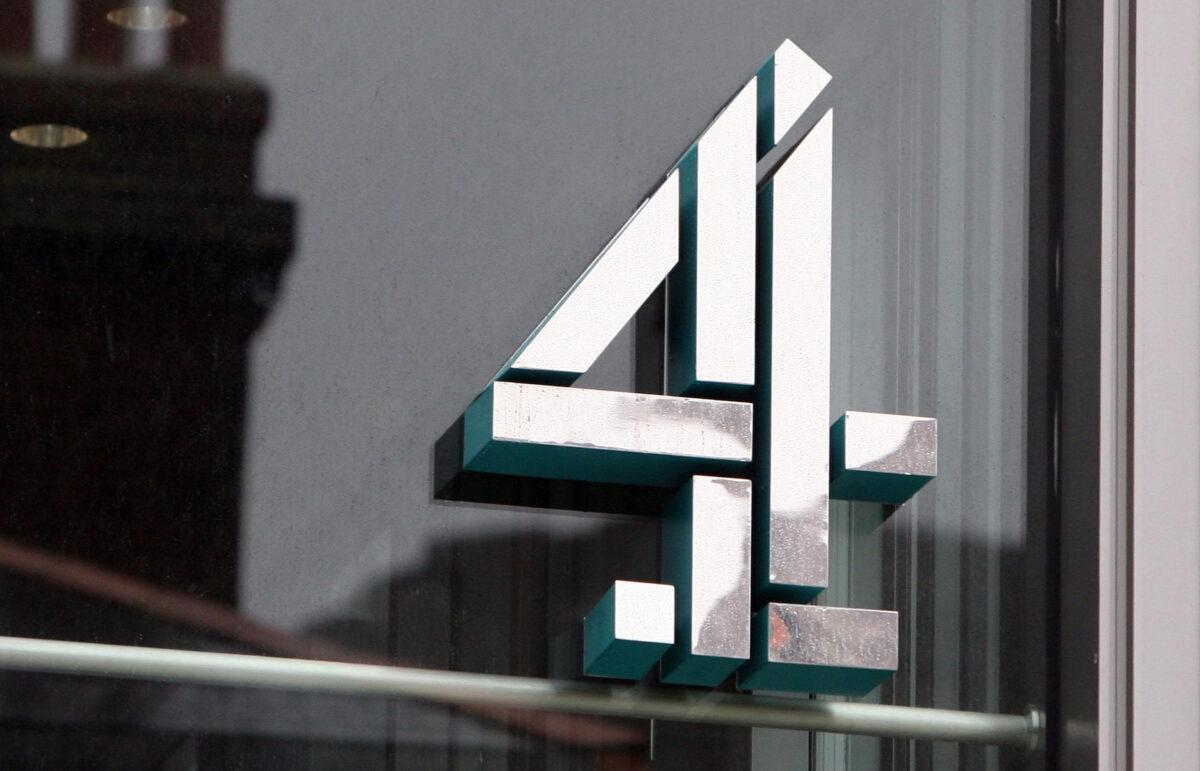Spending on the UK’s public bodies has risen sharply to nearly £344 billion, even as the number of organisations has fallen, with hundreds of top quango officials now earning more than the prime minister, a new report has revealed.
The TPA also cautioned that while the number of bodies like Channel 4, BBC, and the High Speed Two (HS2) railway has fallen, it doesn’t automatically mean their spending has shrunk.
In 2022–23, quangos spent £343.6 billion, nearly 30 percent of total government spending and more than twice the share they accounted for a decade earlier.
Analysis suggested that high executive pay and weak oversight have turned many of these bodies into unregulated power centres, far removed from ministerial control.
Bloated Paychecks
The group’s latest findings show that 1,472 quango officials earned more than £100,000 in total remuneration in 2023–24, including 343 who took home over £200,000.In total, 315 executives were paid more than Prime Minister Sir Keir Starmer, whose official salary is £172,153. The most highly paid executive was Channel 4 CEO Alex Mahon, who received a package worth £993,000, which is nearly six times the prime minister’s salary.
According to the TPA, Channel 4’s public ownership gave it an unfair advantage over private competitors, while the broadcaster operated at a deficit for years.
McGoldrick said it was “unacceptable” for a publicly funded body to display political bias.
“Despite being under public ownership, Channel 4 has a left wing bias. Public companies should not be exhibiting any political bias and it is unacceptable to expect taxpayers to guarantee the survival of such institutions,” he added.
On the same day the TPA released its 2025 Quango Rich List, detailing the salaries of top public body executives, Channel 4 announced that Mahon will step down in the summer after nearly eight years in the chief executive role.
“She leaves Channel 4 in excellent health and with a strong and highly experienced management team in place,” Channel 4 said in a statement.
The TPA report also revealed that Homes England employed 111 staff with six-figure pay packages, followed by the BBC with 90, and the National Employment Savings Trust with 56.
Head of Network Rail Andrew Haines, who is set to retire from the company in October , was paid £588,000.

Government Reforms
The report’s timing also coincided with a separate government announcement of the planned abolition of the Valuation Office Agency (VOA), which will be folded into HM Revenue and Customs.Last month, the Cabinet Office, led by Pat McFadden, launched a comprehensive review of all arm’s-length bodies.
Ministers have been instructed to justify the existence of every quango within their departments. A presumption in favour of abolition will be applied unless there is a compelling reason for the body to continue operating independently.
“We are taking action to ensure decisions of national importance that affect everyone in this country are made by those who have been elected to do so,” McFadden said.

The review aims to “drive out waste and inefficiency across Whitehall” to save the taxpayer money. Hundreds of bodies could face restructuring, mergers, or closure, while a new law is under consideration to ensure the implementation of the review.
Long-Standing Challenge
Quangos have long attracted criticism for their cost and accountability. First coined in the 1970s, the term has become synonymous for many with bureaucratic waste and limited accountability.Successive governments have pledged to rein them in—most notably the 2010 Conservative–Liberal Democrat coalition’s “bonfire of the quangos”—but reforms have often struggled to reduce either their influence or their cost.
While the Labour government has announced plans to reduce the number of bodies, it has also created new ones, such as Great British Energy, a state-backed clean power investor.







